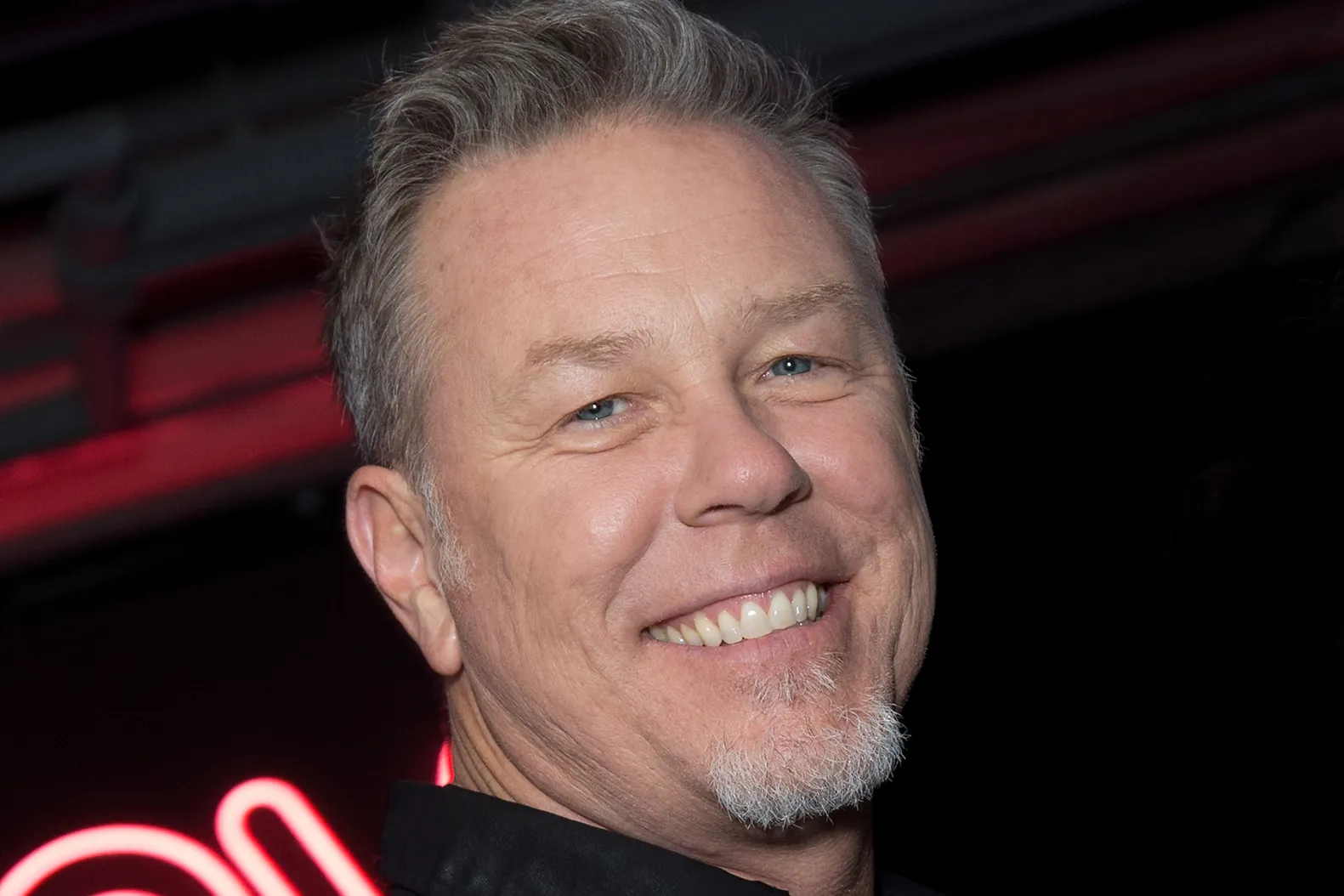As the 1980s came to a close, Metallica stood as the quintessential representation of heavy metal’s raw power. While other hair bands were busy flaunting their style on MTV, often looking absurd in the process, Metallica was blazing a path for the next generation of metal musicians, following the legendary footsteps of Black Sabbath and Judas Priest. James Hetfield, Metallica’s frontman, played a pivotal role in making heavy metal a mainstream force, but he wasn’t impressed when nu-metal bands like Limp Bizkit and Rage Against the Machine began dominating the charts.
The rap-rock movement that defined nu-metal emerged right around the time Metallica was reaching new heights. With hip-hop just breaking into the mainstream, acts like Rage Against the Machine took the militant edge of Public Enemy, blending it with the gritty sound of early Black Sabbath and the hardcore punk ethos. This new genre was rising just as Metallica’s “Enter Sandman” was roaring up the charts.
By the time Metallica ventured into alternative rock territory with Load and ReLoad, Hetfield’s musical tastes had evolved. After achieving rock star status, his influences included stoner rock bands like Corrosion of Conformity and the heavier side of grunge, particularly bands like Alice in Chains.
As nu-metal acts like Korn began to climb the charts, the metal scene started to change. While Rage Against the Machine maintained a political edge, Limp Bizkit’s Fred Durst seemed more focused on his brash persona and misogynistic lyrics, as seen in tracks like “Nookie.”
Though Hetfield never directly commented on the lyrics, he made his views on the musicianship clear. In an interview with Playboy, Hetfield expressed his dissatisfaction with both Rage and Limp Bizkit, saying, “Limp Bizkit seems a little cartoony to me. I don’t like some guy just yelling. Like Rage Against the Machine—it wasn’t singing, it was just some guy kind of pissed off, telling you his opinion.”
Despite the chaos of Woodstock 1999, which many thought would end the nu-metal craze, the genre didn’t fade away—it evolved. While Limp Bizkit’s take on heavy music might have been seen as gimmicky, bands like Slipknot and Lamb of God were rising, heralding the New Wave of American Heavy Metal. This new wave brought back lightning-fast drumbeats and guttural vocals, pushing metal in a more aggressive direction.
Hetfield and Metallica, while not directly embracing nu-metal, couldn’t ignore its impact. They still aspired to be the greatest heavy band on Earth, but sticking to the same sound wasn’t an option. This led to their controversial decision to down-tune their guitars on St. Anger, resulting in an atonal sound that received mixed reactions.
In a way, Hetfield was already speaking about the bands that would challenge Metallica’s dominance in the metal world. Once hailed as the heaviest band to make it onto mainstream radio, Metallica found themselves competing with nu-metal heavyweights like Linkin Park and Coal Chamber on hard rock stations.
